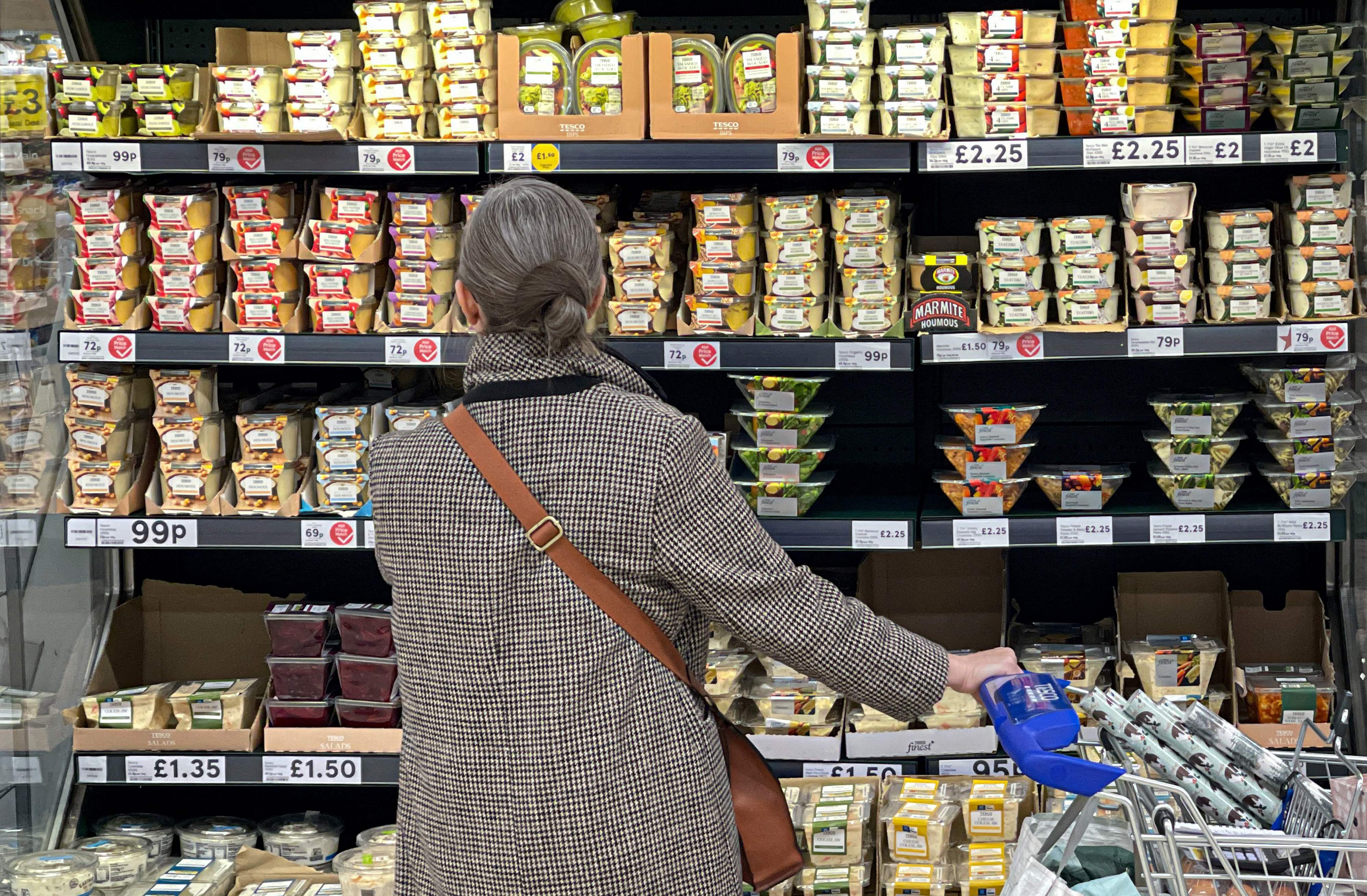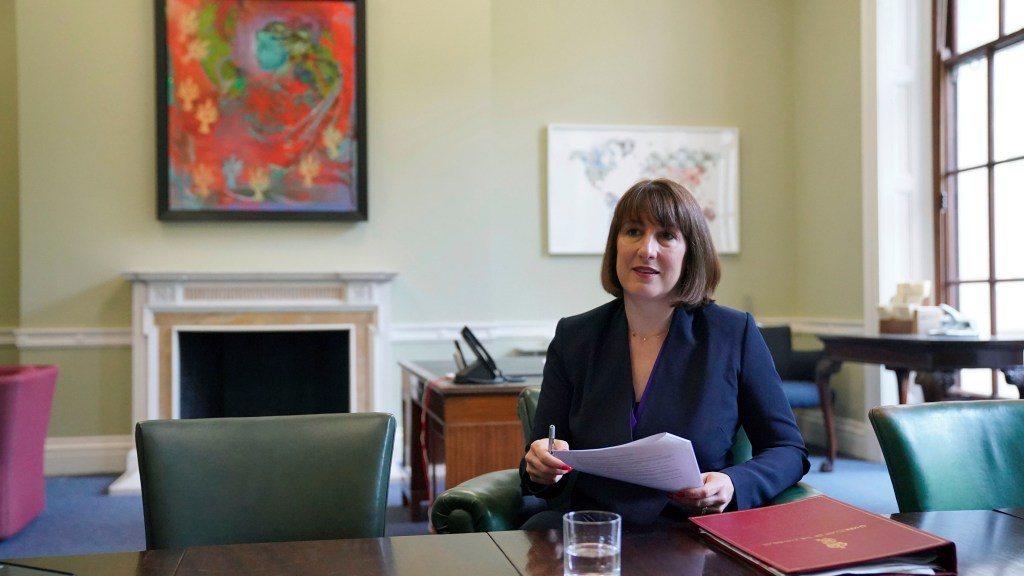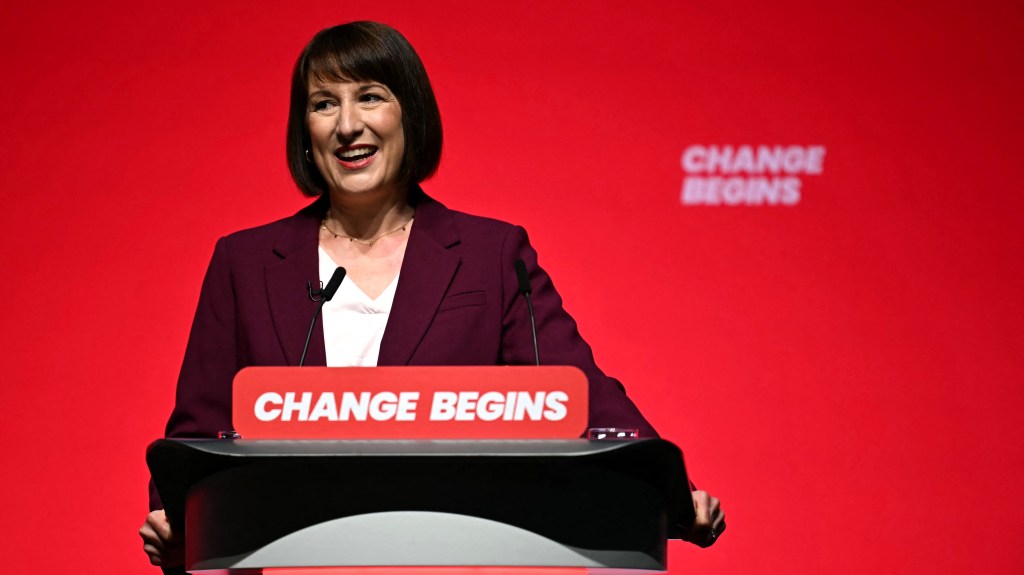Predictions for the October 2024 Budget: Insights from Rachel Reeves
The upcoming budget from the new Labour government, set for October 30, is anticipated to include increases in employers’ national insurance contributions, alongside scrutinized changes to capital gains and gambling taxes.
Rachel Reeves, the Chancellor, indicated in her remarks at the government’s investment summit this week that tax hikes for businesses are essential, emphasizing that political and economic stability take precedence over tax rates for business investment.
Reeves clarified that Labour never committed to avoiding increases in employers’ national insurance contributions. While the party has excluded raises in the primary rates of income tax, VAT, and personal national insurance, it did not extend this pledge to business national insurance, maintaining that it focused on protecting working individuals from key tax hikes.
She stated, “Businesses understand the necessity for tax increases to maintain fiscal balance.”
“I do not see it as a choice between stabilizing the economy and attracting investment,” she told reporters. “Economic and fiscal stability is essential for drawing investment into the country.”
Leader of the opposition, Sir Keir Starmer, responded to suggestions of a capital gains tax rise to 39% by claiming that such assertions are inaccurate, but he reaffirmed that tax increases wouldn’t hinder investment in the UK.
Recent reports have indicated that UK gambling companies may face up to £3 billion in tax increases, prompting a decline in shares for gambling firms.
Reeves has confirmed a commitment to enhance public spending in real terms, signaling a move away from austerity. This, she suggested, may likely be facilitated by tax hikes and additional borrowing.
Claims by Labour regarding a £22 billion deficit left from Conservative fiscal policies have notably impacted business and consumer confidence, despite a significant growth projection from the Organisation for Economic Co-operation and Development (OECD) for the UK this year.
Let’s explore some potential budgetary decisions that the Chancellor may consider.
National Insurance
Business Secretary Jonathan Reynolds hinted at the possibility of increased national insurance contributions for employers. Although Labour’s manifesto excluded hikes in income tax, VAT, or national insurance for individuals, Reynolds stopped short of confirming that these principles also apply to employer contributions. Starmer also did not rule out the potential for such an increase amidst questioning from Rishi Sunak during Prime Minister’s Questions last week.
An increase of one percentage point in employers’ national insurance contributions could potentially generate approximately £8.9 billion annually.
Non-Domiciled Tax Status
John Caudwell, billionaire founder of Phones4U and a former Conservative donor turned Labour supporter, has urged caution regarding modifications to the non-domiciled tax status, a system exempting foreign income from UK taxation.
“Measures that appear unattractive to foreign businesses and wealthy individuals can deter them from investing here,” he cautioned on the BBC. “While I am not overly concerned about losing a few non-doms, we must tread carefully with our policies.”
Income Tax
The Treasury is projected to collect over £1 trillion in taxes this year, with income tax contributing about £303 billion, making it the largest source of revenue for the government.
The Chancellor has the option to boost this revenue without increasing the main income tax rates by lowering the income thresholds at which these rates (20%, 40%, 45%) apply.

According to the Institute for Fiscal Studies (IFS), reducing the personal allowance or basic-rate limit by 10% could potentially yield £10 billion and £6 billion in additional revenue respectively.
Income tax thresholds have been frozen for several years, a strategy initiated by Rishi Sunak in March 2021, which has led to higher taxation as individuals receive pay increases.
Pensions
Labour is expected to abandon considerations for a tax increase on pension contributions following warnings that such changes could disadvantage a substantial number of public sector workers.
Pension contributions currently receive income tax relief up to a designated limit. Critics argue that some pensioners benefit from higher tax relief rates than they ultimately pay in tax.

Limiting tax relief on pension contributions to the basic rate could generate about £15 billion annually. An alternative proposal suggests imposing national insurance on employer pension contributions, generating approximately £12 billion over five years, according to the Resolution Foundation.
Capital Gains Tax
The Chancellor might consider increasing the primary capital gains tax rate, currently set at 10% or 20%, or expanding the range of assets subject to the tax. Such adjustments would better align capital gains tax with income tax but could discourage investment.
Any rate increase could be adjusted for inflation to avoid taxing merely inflation-driven gains.
Businesses are reportedly increasingly considering selling as concerns over potential capital gains tax increases grow, with surveys indicating that nearly 29% of business owners have accelerated their plans to sell due to tax fears.
Inheritance Tax
At £8 billion annually, inheritance tax constitutes a minor element of UK taxation, affecting only about 4% of estates, yet it is often criticized for its nature as a form of double taxation.
The IFS notes that reforming exemptions regarding pensions, business assets, and agricultural land could raise around £2 billion per year.

Reeves could also consider ending IHT exemptions for company shares held for over two years before death, potentially generating around £1.1 billion.
Thinktank Demos has suggested implementing a banded system for inheritance tax based on asset values and closing loopholes that let households transfer estates without capital gains tax.
Individual Savings Accounts (ISAs)
Reeves may face pressure concerning record-high ISA deposits, with some analysts warning that reducing tax relief could stifle essential investment. Recent Bank of England data indicates ISA holdings have surged to £375 billion, the highest since their launch in 1999.
Economists have highlighted that lowering the £20,000 annual tax-free allowance could raise revenue, but it might also dampen the low investment levels in the UK.
Fuel Duty
Conservative chancellors historically deferred fuel duty increases. Had duty risen in line with retail price index inflation since 2011, it could yield an additional £19 billion yearly for the Treasury.

Reeves is likely to continue this trend, potentially generating £6 billion, which is already factored into the OBR’s forecasts.
She might also integrate incentives for electric vehicles into this strategy, redirecting motorists away from petrol vehicles.
Property Taxes
There is broad agreement on the inefficiency of stamp duty in the UK. Economists from the OECD and IFS have called for its repeal, which would come at a cost of around £13 billion.

Stamp duty currently exempts properties sold for £250,000 or less, with rates climbing to 12% for high-value properties. The IFS argues that the tax is a major impediment to economic efficiency, adversely impacting both the housing and labor markets.
Private Equity Profits
The Treasury recently sought input from private equity firms regarding the taxation of profits made by private equity executives, who are currently taxed on ‘carried interest’ at the capital gains rate of 28% instead of the higher income tax rate.
Shifting the taxation of carried interest to that of income tax could theoretically yield an additional £2 billion, although such changes might influence executive behavior and tax returns.
Tax on Gambling Companies
Shares for UK bookmakers experience a decline in light of potential tax hikes on gambling firms, with suggestions that Reeves may consider increases totaling up to £3 billion.
Additional Avenues
Banks may be subject to a one-time tax aimed at reclaiming profits earned through the Bank of England’s interest rate hikes. While Reeves has dismissed implementing a wealth tax, there remains speculation about the potential for new taxation based on existing frameworks, similar to the health and social care levy established under previous administrations.
Fiscal Considerations
Labour insiders have indicated that Reeves may adjust fiscal policies to facilitate investment funding, suggesting that minimizing the influence of the Bank of England’s bond sales on public finances could generate roughly £15 billion.
The Chancellor is committed to balancing the current budget and lowering the debt-to-GDP ratio within the upcoming years outlined by the OBR forecast.
Furthermore, she is contemplating switching to alternative debt measures that consider a wider spectrum of the government’s assets, potentially expanding fiscal space to approximately £60 billion.
Economists predict that this approach could compel Treasury officials to justify investment expenditures regarding benefits to supply-side growth.




Post Comment